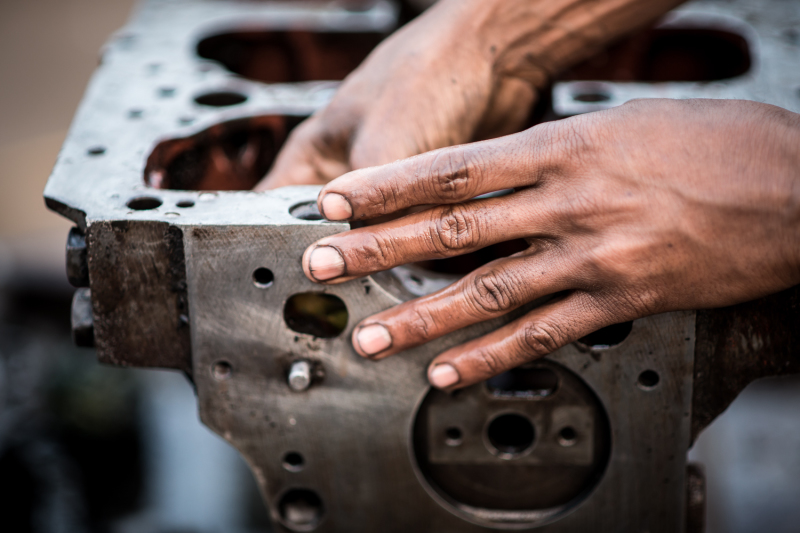Return On Emotional Investment
Return on investment is a common and useful idea in business circles. If you invest money on something it should, eventually, increase your sales or profitability. For example, if you own a house, then you might think about return on investment in terms of how much a renovation, say a new kitchen or bathroom, could […]

Return on investment is a common and useful idea in business circles. If you invest money on something it should, eventually, increase your sales or profitability. For example, if you own a house, then you might think about return on investment in terms of how much a renovation, say a new kitchen or bathroom, could increase the potential sale price of your property.
In marketing circles, return on investment has become an essential way to talk about the value of money spent on advertising or promotions. So, before an advertisement is made (and space for it is bought, online, in print or on TV), marketers will expect to have some idea how much it will increase sales and awareness of their product.
I’ve been thinking a lot about this idea of return on investment and how it relates to small businesses, especially creative and artistic small businesses. Not just in terms of things like marketing and advertising, but in terms of the wide variety of commercially oriented projects we might undertake.
A Little Case Study On Returns
Imagine a little case study. You could “monetise” your blog, by taking in some advertising, maybe reviewing products for cash, or use some other marketing driven activity. Your best guess is this will earn you an extra $1000 (yes, I’m just picking numbers out of my arse the sky). Is this a good return on investment?
To answer this you will, of course, sit down and think about the time needed and probably the skills required (implementing ads or chasing endorsements takes some effort).
Now, you start thinking about an alternative. What if you wrote an ebook, maybe explaining some part of your work in a way that’s helpful to others? Now, for the sake of the argument, lets say it will take the same amount of time and earn you the same $1000. Which would you do?
Most would say do the ebook. It’s more aligned to your work, more authentic, or whatever. Fair enough. But, what if the ebook only earned you $800? Or, $500?
This is where we start to ask ourselves what return on investment really means? It’s an equation, but what are the variables? Just time and money, or something else?
Sustainable Creativity
That’s where return on emotional investment comes in. What we invest in our craft is not just time and money and what we expect from it (and what others expect from it) cannot simply be measured in time and money either. There’s something else we need on both sides of the equation, something deeply emotional.
If your art is worthwhile, then it is worth trying to sustain. This will mean looking for ways to support yourself so you can make more work. It also means choosing the opportunities which will put in the right frame of mind, emotionally and creatively, to do more work, not just in the short term, but in the long term as well.
In our case study, the eBook example might be less profitable, but it might build a much better long term framework of support, connecting you deeper with fans, improving your understanding of your craft, teaching you how to communicate your process more clearly. All these things will sustain you.
Of course, the advertising example might also do the same, if it leads to real collaborations, or truly supportive sponsors. But, these will have a value to you beyond simply the advertising revenue you earn in the short term.
Emotional investment here is really just short hand for your state of mind, for the way the things you do make you feel about your craft and how connected they are to making you feel productive and focussed about your work. It’s worth taking the time now and then to audit your projects in a really simple, top line way using this idea.
Try this, write down three or four words that describe your work (for me it’s music, photography, writing) and then scan your projects and ask yourself if these projects make you want to do more of whatever it is that you do, or, do they make it possible for you to do more of what you do?
We’ve all been in that place where a project asks us to something we love, but in a way that makes us resent our craft, makes us want to hide under a blanket watching TV, or go out drinking, or whatever it takes to “get away” from our craft. This seems harmless enough, but, over time, it will make it harder for us to sustain our work and be committed to it. Over time, the poor return on emotional investment will close us down if we are not careful.




